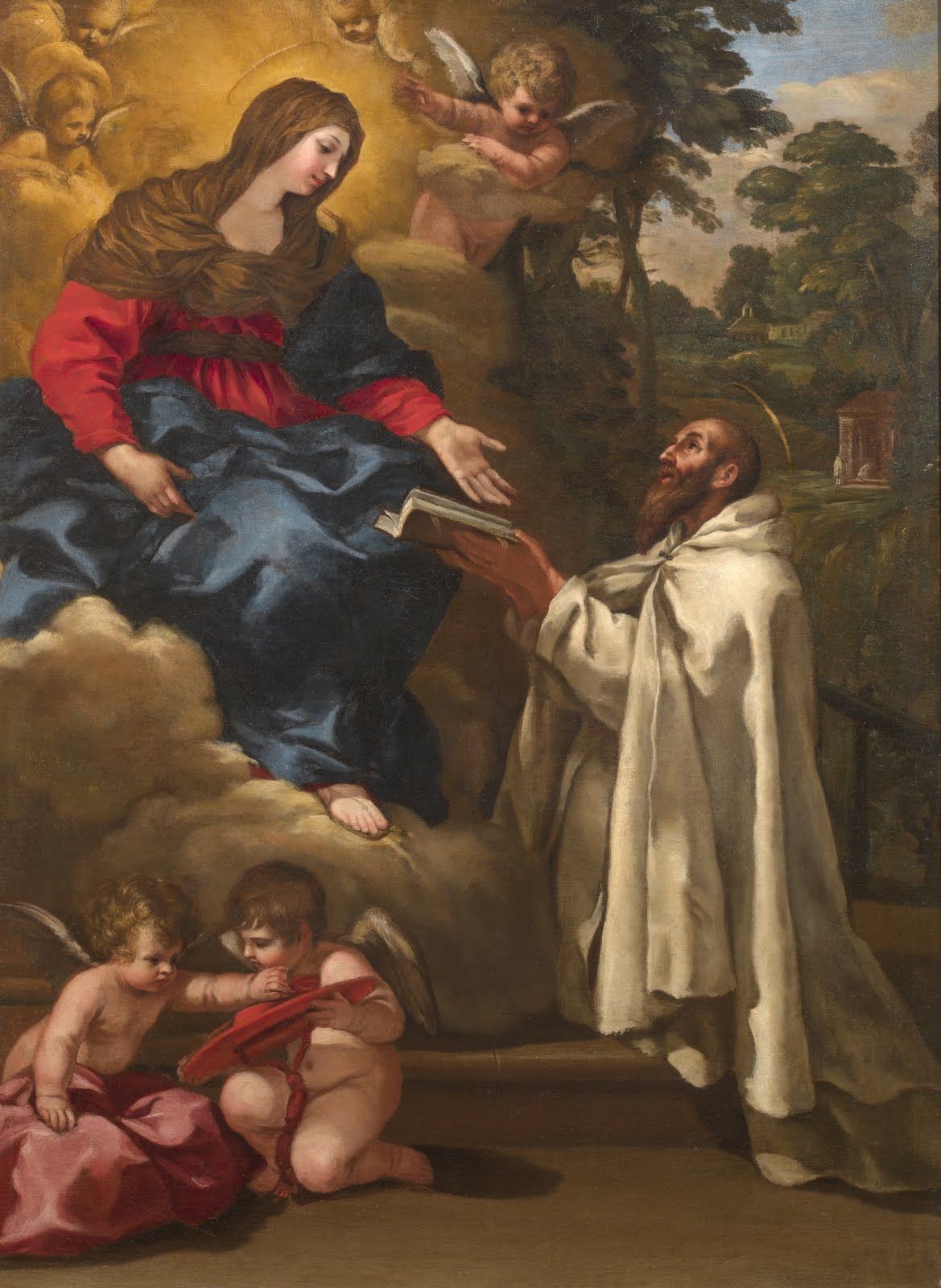About St. Peter Damian

Saint Peter Damian was an Italian Benedictine monk, and arguably the most spirited ecclesiastical reformer of the 11th century, a century not lacking in such saints. Orphaned at a young age, and compelled to work (perhaps prophetically) as a swineherd, Peter was eventually adopted by his elder brother Damianus (whose name he would add to his own), the Archpriest of Ravenna, and given an education in theology and canon law. In his late 20s, he entered the isolated hermitage of Fonte Avellana, where he quickly developed a reputation for strict asceticism. He soon set about reforming not only his own monastery, but those of the surrounding region, where he introduced exacting penitential practices such as self-flagellation.
Disgusted by the state of the Church, Peter authored blistering indictments of the clergy, among them his magnum opus, the Liber Gomorrhianus (or “Book of Gomorrah”), in which he excoriates the vices of the clergy—particularly paederasty—and the superiors who not only fail stamp them out, but actively conceal them. This devotion to reform would ultimately draw him away from his beloved monastery, and in 1057, he was consecrated as Cardinal-Bishop of Ostia, from where he ultimately helped lay the foundations for the far-reaching reforms of his close friend Hildebrand of Sovana, the future Pope St. Gregory VII.
Nor did Peter’s influence end in death: In 1828, Pope Leo XII declared him a Doctor of the Church, recognizing his theological contributions. He is even honoured in Dante’s Divine Comedy, glorified in the 7th Sphere of Paradise, from where he continues to lament the state of the Church. In the words of Pope Benedict XVI, he was “a lover of solitude and at the same time a fearless man of the Church, committed personally to the task of reform.” Personifying the compatibility of the vita contemplativa and vita activa, St. Peter Damian is a light in our dark times, and the ideal patron for those looking to confront the diabolical forces assailing the Church today.
